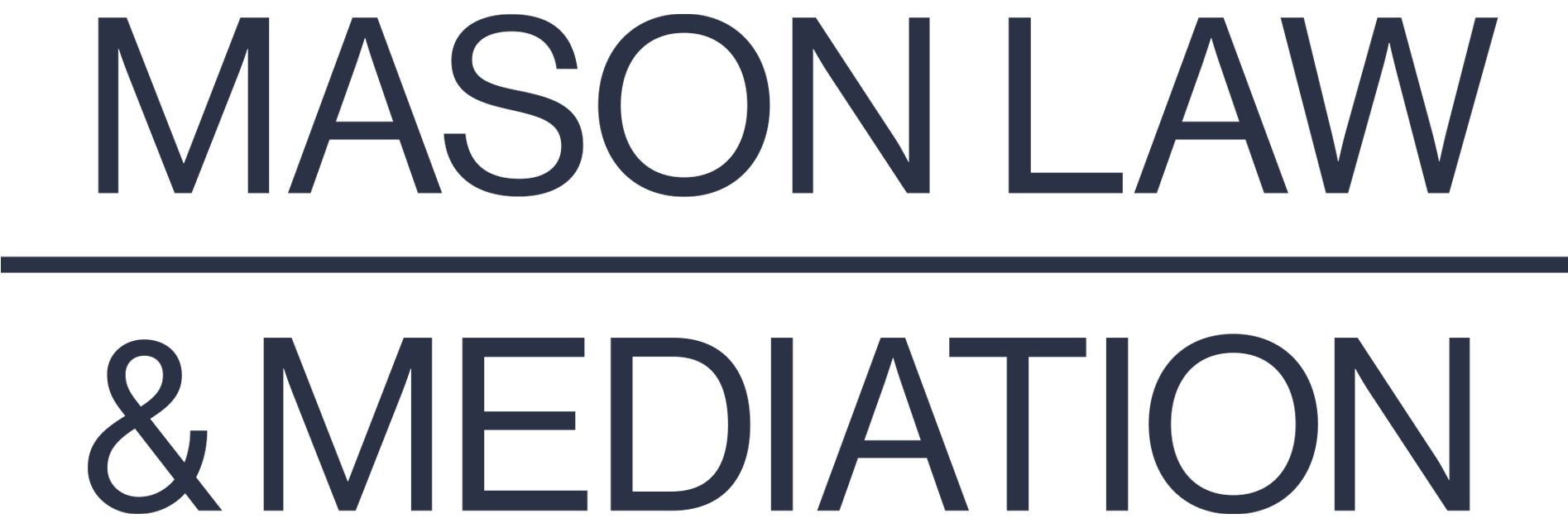Each of the processes below is unique and has its own attendant pros and cons. Because the divorce process you choose will have a significant impact on your experience of your divorce, and potentially on the final outcome of your settlement, you want to choose wisely for your particular situation.
If you’re not sure which of these processes makes the most sense for you, consult with an attorney who’s familiar with all of them and can help you weigh the pros and cons of each in the context of your unique situation.
Mediation: An out-of-court settlement process in which you work with one neutral professional who helps you discuss and resolve the relevant issues in your divorce. The mediator is often a family law attorney, but they do not have to be, since they are not acting in a legal capacity. Often, in mediation, each spouse will have a consulting attorney or review attorney outside the mediation room, to give them tailored legal consultation and advice.
Collaborative Law: An out-of-court settlement process in which you and your spouse each have a Collaborative lawyer with special training in advocating on your behalf while helping you reach settlement. Collaborative lawyers make a unique pledge to work with you only toward settlement, and they will not represent you in court if your settlement process breaks down, which allows for a greater feeling of openness and safety among clients in the Collaborative process. Collaborative Law also has a strong interdisciplinary component to it, and often involves financial and mental health professionals, as needed.
Negotiation: Negotiation can take place entirely out of court, or it can be coupled with an ongoing litigation process. In a negotiation process, you work with two divorce lawyers who attempt to help you settle your case with your spouse, but if the negotiation is unsuccessful, the same lawyers may assist you in litigation.
Litigation: A formal, court-based process that is structured to prepare you and your spouse for a trial before a judge in the event you’re unable to reach a settlement. Litigation includes the presentation to the court of the facts of your case, as well as a description of what you’re requesting that the court do and justification for why the court should grant your request(s). There is a prescribed exchange of financial and other documentation, as well as the opportunity (for your attorney) to ask questions of your spouse, both orally and in writing. There can also be hearings at which testimony is taken, and you may take the witness stand. Ultimately, over 90% of these cases end through resolution by the parties’ mutual agreement, not with a judge’s formal decision following a trial.
If you’re not sure which of these processes makes the most sense for you, consult with an attorney who’s familiar with all of them and can help you weigh the pros and cons of each in the context of your unique situation.

